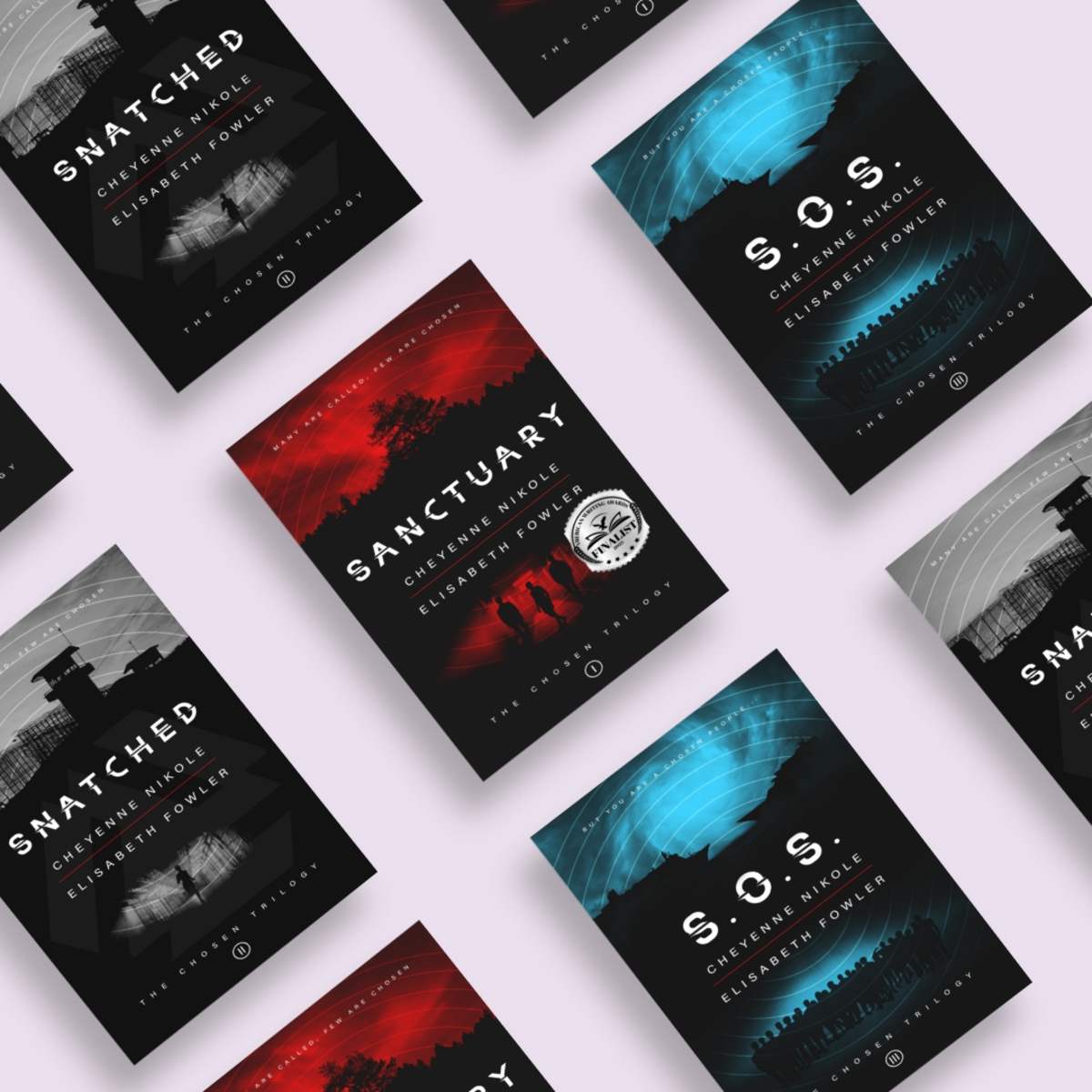When political rallies are shut down by gunfire and elected officials receive bomb threats simply for existing in Black skin, it’s a reminder that for BIPOC writers, our words are never just words. They carry risk, weight, and responsibility in a country where the line between speech and survival is razor-thin. In an age where political violence is no longer an outlier but a headline, the work of storytelling feels both endangered and indispensable.
Political Violence Today
The news is heavy. Bomb threats aimed at Black leaders and HBCUs. Gunfire at campus events that once promised dialogue but instead descended into chaos. Harassment of immigrant activists at public forums. These aren’t isolated incidents. They’re part of a larger pattern in which intimidation and violence creep into our civic spaces.
Writers may not stand on a political stage, but we live under the same climate of fear. The attacks don’t just silence speeches; they threaten the conditions that make storytelling possible. Who feels safe to publish when the very act of existing loudly in Black or brown skin is treated as a provocation?
The Writer’s Dilemma
For BIPOC creators, writing in this moment feels like holding a double-edged pen. On one side lies truth-telling, the deep compulsion to write what’s real, raw, and necessary. On the other lies the gnawing question: Will these words put me at risk?
Self-censorship becomes a quiet negotiation. Maybe I soften a critique, blur a character’s politics, or keep a personal essay tucked in my drafts. Each choice is a calculation, born not of cowardice but of survival. Political violence doesn’t just happen in streets and statehouses. It reaches into Word documents, blog dashboards, and half-written manuscripts. It alters the courage it takes to press “publish.”
History’s Echo
Of course, this isn’t new. Black journalists were beaten for covering sit-ins. Native and Indigenous writers had their presses destroyed for speaking against land theft. Immigrant voices were monitored and silenced under suspicion of disloyalty. The act of writing while BIPOC has always meant risking visibility.
And yet, history tells us something else too: silence was never an option. James Baldwin wrote with fire under FBI surveillance. Zora Neale Hurston preserved the beauty of Black folklore despite being dismissed by the mainstream. The stories that were most dangerous to tell were often the ones that shaped culture, galvanized movements, and created the vocabulary for freedom.
Writing as Resistance
That legacy reminds us that storytelling is not only art but resistance. Each line, each essay, each book becomes a declaration: I was here. I saw. I will not let you erase me.
For many of us, writing is how we process the fear and keep going. Some of us turn to memoir, transforming lived trauma into testimony. Others slip into fiction, using allegory and metaphor to smuggle truth past those who want it silenced. Still others build community — collectives of writers who share resources, amplify one another’s work, and provide the safety that institutions often fail to offer.
John Lewis called it “good trouble.” For writers, good trouble might mean refusing to soften our critiques. It might mean putting our communities at the center of the page, even when mainstream publishing prefers caricatures. It might mean mentoring younger writers, passing down not just craft but courage.
The Reader’s Responsibility
But this isn’t a burden for BIPOC writers to carry alone. Readers have a role too. If political violence tries to shrink our voices, then readers must amplify them. Buy the books. Share the essays. Show up to the readings. Push back when libraries are pressured to remove our stories.
Allyship isn’t only about protest signs or policy debates. It’s also about what you choose to consume and protect. Every time you defend a BIPOC voice, you’re helping to build the conditions where those voices can continue.
Conclusion
If bombs can silence a building and bullets can scatter a rally, then the only shield left is a chorus of voices refusing to go quiet. For BIPOC writers, the page is both battlefield and sanctuary. We know the danger. We feel the weight. And still, we write because every word is a refusal to disappear.
